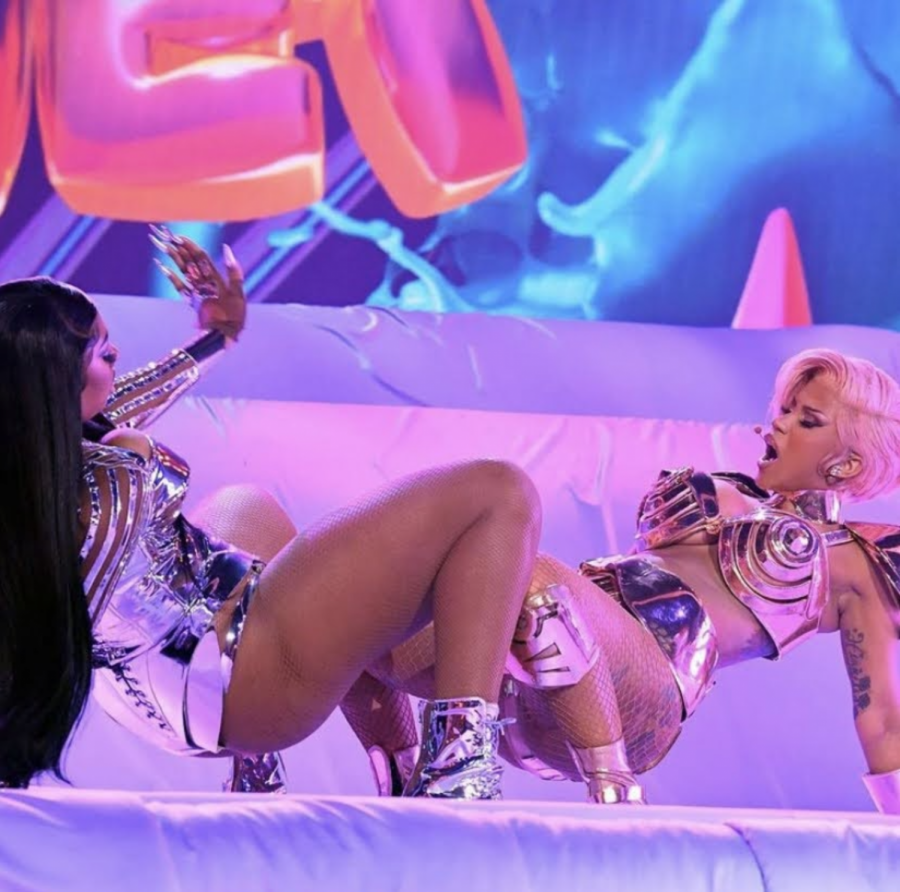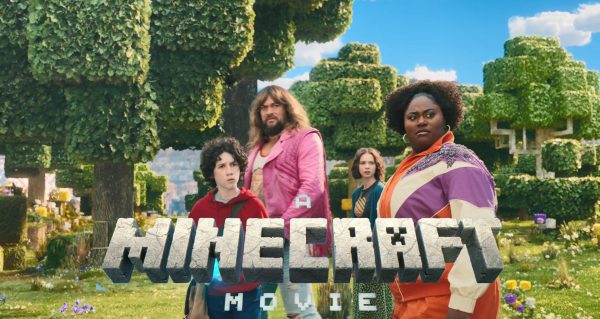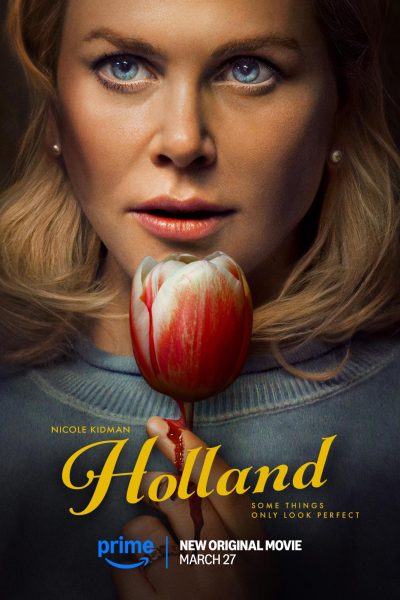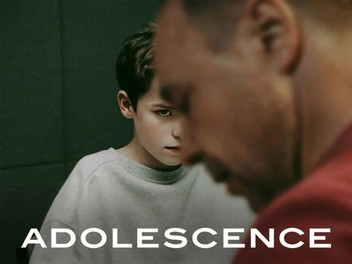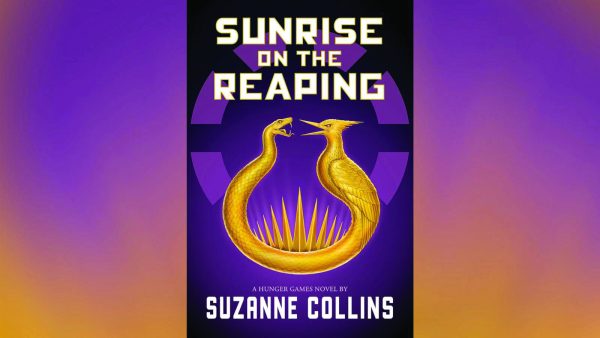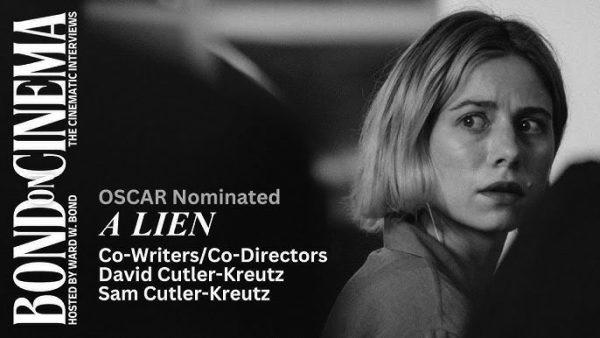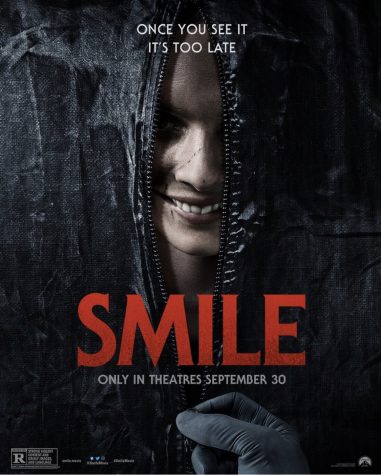The evolution of sex in entertainment: What’s no longer left to the imagination
Modern entertainment has changed immensely since the entertainment of yesteryear. What once was black and white is now in color and what was silent now has audio. Since the classic movies and television shows from the 50s, 60s and 70s, sex and nudity have become more common in today’s entertainment.
William Shakespeare was known to make subtle innuendos within his work. Lines such as, “She would hang on him as if increase of appetite had grown by what it fed on” from his play “Hamlet” and “Thou wilt fall backward when thou hast more wit” from his play “Romeo and Juliet.” Though often overlooked, they were very significant in his era as he included other bawdy matters. This artform allowed the readers to interpret suggestive messages and their double meanings in their own way, all the way back in the 1590s.
In the 50s, the idea of anything sexual on prime-time television was nonexistent. Ricky and Lucy from “I Love Lucy” were a married couple in real life, and the two slept in separate twin-sized beds. Shows such as “The Munsters” and “Bewitched” from the 60s, were some of the firsts to show married couples sleeping in the same bed, but the characters were only seen holding conversations in bed. Jiggle TV was a new crave in the 70s with shows such as “Charlie’s Angels,” “Three’s Company” and “I Dream a Jeannie” where women were seen in a more alluring light, wearing bikinis, tighter fighting outfits and were allowed to wear cropped shirts, showing off their midriffs.
However, the 60s and 70s allowed some promiscuous behaviors, which can be seen in Playboy. Marilyn Monroe, Pamela Anderson, Jenny McCarthy, Madonna and more have been seen nude in Playboy. In the privacy of one’s home, the popularity of this type of pornography was growing privately, yet was being publicly shammed. A Time article from 1976 said, “what was once a ‘marginal underground cottage industry’ had become ‘an open, aggressive $2 billion-a-year’ business.”
With content from the 90s and early 00s, entertainment was changed forever. Songs with sexual references became the craze, such as “Let’s Talk About Sex” by Salt-N-Pepa, “I’ll Make Love To You,” by Boyz II Menn, “Hot in Herre” by Nelly and “Any Time, Any Place” by Janet Jackson. A Time article describes this era by saying, “Society pushed back [women] by reducing them to gruesome sexual fantasies and misogynistic stereotypes.” Women are seen in music videos in sexually graphic and explicit manners. Madonna’s song “Justify My Love” was so controversial and explicit that it was even banned from MTV.
More recently, in the 2010s to 2020s, entertainment has become completely sex-driven, whether it be featured in literature, film or music. Shows such as “Blue Mountain State” and “Euphoria” revolve around a variety of sexual relations. We have seen Miley Cyrus’ “Wrecking Ball” music video and read snippets of the novel “50 Shades of Gray” by E. L. James, in which there is almost nothing left to the imagination or to interpretation.
Since then, music has become more explicit and leaving its mark on the music industry including recent hits, such as “WAP” by Cardi B featuring Megan Thee Stallion, “Savage Remix” by Megan Thee Stallion featuring Beyonce, “Positions” by Ariana Grande and “Physical” by Dua Lipa.
At the 63rd Grammys, viewers watched Cardi B and Megan Thee Stallion perform “WAP.” As many of the lyrics were censored out, they unchastely crawled across the floor.
In attempts to censor some of these explicit demonstrations, there have been maturity ratings in place, such as Motion Picture Association (MPA) film rating system and the Parental Advisory label (PAL) in hopes to warn an audience of what is to come. With time qualifications for ratings have been changed and updated.
Different types of erotica are promoted all throughout entertainment today. It is no longer considered “suggestive material,” as there has been a great shift in the amount of nudity, explicit material and other material in hopes to attract the attention of viewers.

Elisa D’Egidio is a senior studying criminal justice with a concentration in crime analysis and a minor in English. Elisa has been an active staff writer...



